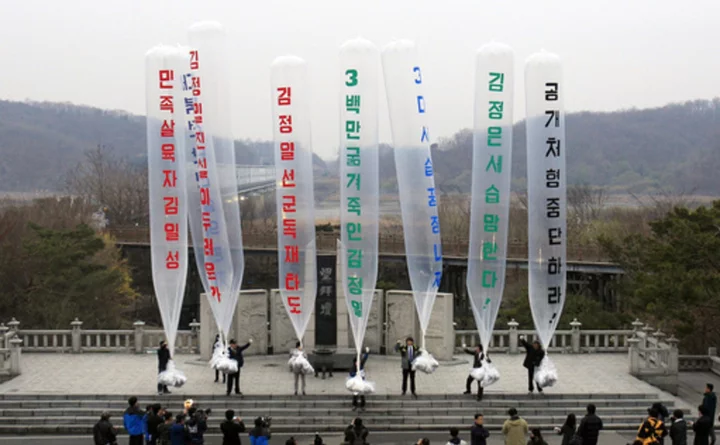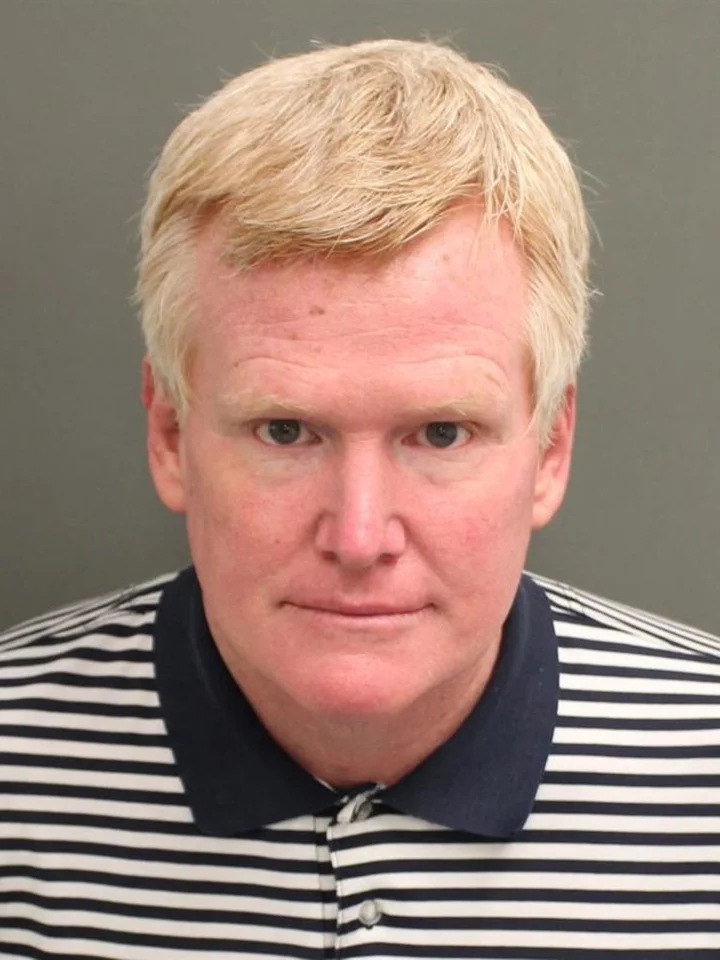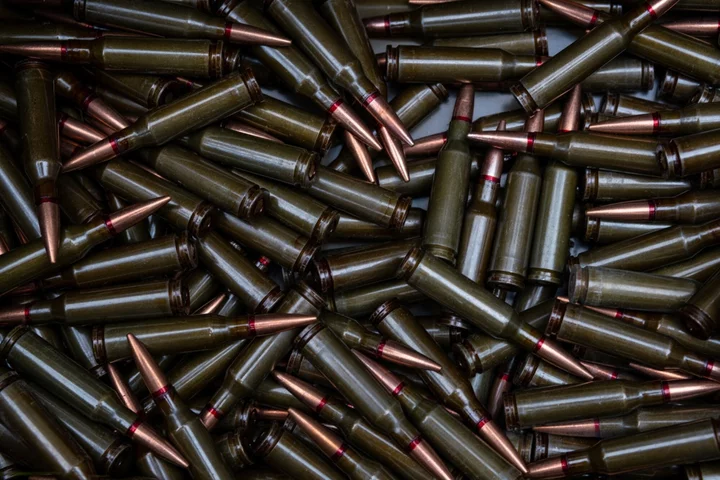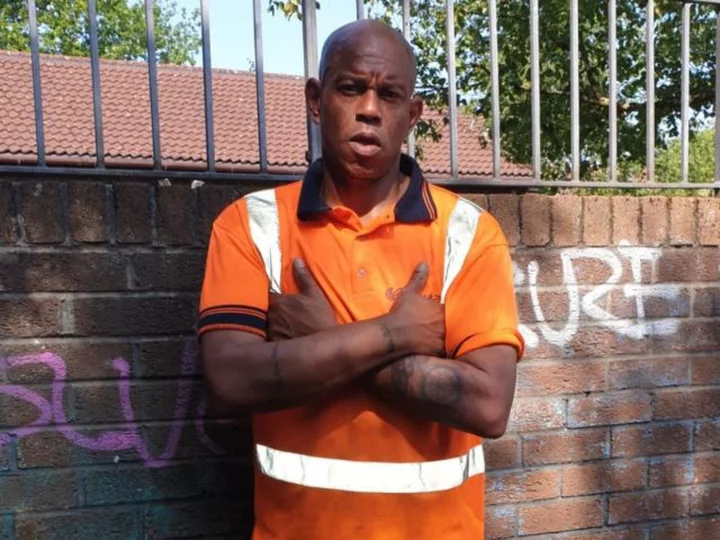Ivan Nesterov, a well-built fitness trainer, came back to Russia six months after fleeing the mobilisation that propped up Russian forces fighting in Ukraine last fall.
Like Nesterov, some of the hundreds of thousands of Russian men who left the country to avoid being sent to the front lines have returned, despite the lingering threat of a new draft.
"When I landed back in Moscow, I felt incredibly relieved, no matter what the consequences might be," the 35-year-old told AFP.
He left a few days after the Kremlin announced a mobilisation in September last year, "feeling a mix of emotions including panic".
As flights out of Russia quickly sold out, he found a seat on a plane to the Ural mountains before taking a bus to Siberia and driving to Kazakhstan.
Like the other former Soviet republics that Russians can enter without a visa, Kazakhstan saw a massive influx of Russian men after mobilisation was announced.
When Nesterov finally crossed the border into Kazakhstan, "the very first emotion was: freedom.
"I can say openly anything that I think and I will not be imprisoned for it," he remembered thinking.
Nesterov, who never dared to join an opposition demonstration or write critical posts on social media, saw his departure as an alternative way to protest.
"I wanted to finally break away from the system," he said.
- 'Missing my homeland' -
While he was in exile, his older sister was detained by the police for wearing a yellow hat and blue scarf -- the colours of the Ukrainian flag.
Accused of resisting police orders, she left Russia to avoid falling victim to the repression that has accelerated since the beginning of the conflict.
Nesterov meanwhile settled in the northern Kazakh city of Kostanay, where he quickly found work at a boxing club.
"They didn't even ask for my diploma," he said, surprised.
But after a short-lived euphoria, Nesterov fell into a deep depression.
"I was missing my homeland. My friends, the places that were dear to me... It was very hard psychologically. I didn't want to work anymore. I earned four times less," he explained.
He decided to come back to Russia at the beginning of April.
"Financial difficulties and family ties pushed (exiles) to come back," independent political expert Konstantin Kalachev told AFP.
The Russian defence ministry said in October 2022 that the mobilisation of 300,000 men had been completed.
Unwilling to announce a second mobilisation drive, authorities have instead opted for a massive PR campaign to attract volunteers.
"Those who came back believe that the risk (of being mobilised) had gone down," said Kalachev.
- 'Closing off' -
The number of returnees is difficult to assess because they remain discreet, in fear of another draft.
The authorities have not issued a decree formally ending the first wave of mobilisation.
Reports on social media that Russian military offices are still calling men in to update their records have added to concerns.
In April, Russia made it possible to deliver conscription papers online -- making it more difficult to dodge the draft in the future.
Given the constant threat of mobilisation, Kalachev said, many of the exiles who have returned to Russia "are ready to leave at any time", if "their financial resources allow them to do so".
Nesterov considered leaving again after hearing rumours another mobilisation could be announced after the regional elections scheduled in September.
"I see that new laws are being passed, that the country is closing off," he said.
"It's like a friend says: better be a coward and alive, than brave and dead."
bur/jj









